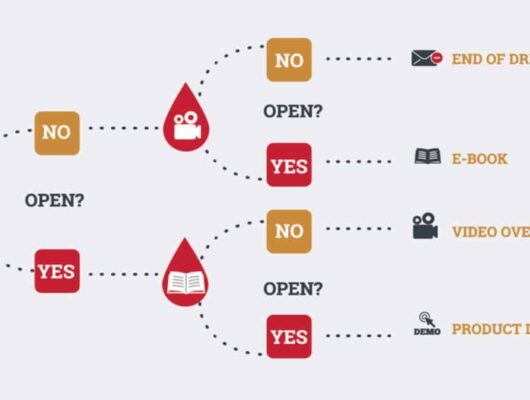In the competitive world of e-commerce, finding success often means carving out a niche market. Catering to a specific audience with specialized needs allows you to build brand loyalty and stand out from the competition.
However, marketing for niche e-commerce requires a tailored approach. This article will provide actionable tips to help you effectively market your niche e-commerce store and drive sustainable growth.
Why Focus on a Niche Market?
- Targeted Audience: Narrow focus allows for precise marketing and higher ROI.
- Reduced Competition: Fewer competitors mean a better chance to dominate the market.
- Stronger Brand Loyalty: Specialized offerings resonate more deeply with your audience.
- Higher Profit Margins: Customers in niche markets often value quality over price.
Marketing Tips for Niche E-commerce
- Understand Your Target Audience
- Research customer demographics, preferences, and pain points.
- Use tools like Google Analytics, Facebook Audience Insights, and surveys to gather data.
- Develop a Unique Value Proposition (UVP)
- Clearly articulate what sets your products apart.
- Highlight benefits that cater specifically to your niche audience.
- Leverage Content Marketing
- Create blog posts, videos, or infographics that address your audience’s specific needs.
- Use SEO to target long-tail keywords relevant to your niche.
- Share success stories or testimonials to build trust.
- Build an Engaged Community
- Use social media platforms where your audience is active (e.g., Pinterest for crafts, Instagram for fashion).
- Engage with your audience through comments, polls, and live streams.
- Create forums or Facebook groups to foster a sense of belonging.
- Focus on Personalized Marketing
- Use email campaigns with personalized product recommendations.
- Offer special discounts for repeat customers or members of your community.
- Invest in Paid Advertising
- Use platforms like Google Ads or Facebook Ads to target specific demographics.
- Retarget website visitors with dynamic ads featuring products they viewed.
- Experiment with niche-specific platforms or influencers.
- Collaborate with Influencers
- Partner with micro-influencers who are trusted voices in your niche.
- Offer free products or commissions for promoting your store.
- Optimize Your Website for Conversions
- Ensure your website is mobile-friendly and fast-loading.
- Use clear navigation, high-quality images, and detailed product descriptions.
- Add reviews, testimonials, and trust badges to build credibility.
- Offer Exceptional Customer Service
- Respond promptly to queries and resolve issues effectively.
- Offer live chat or FAQ sections tailored to your audience’s concerns.
- Follow up with customers post-purchase to ensure satisfaction.
- Capitalize on Seasonal Trends
- Identify events, holidays, or trends relevant to your niche.
- Launch limited-edition products or seasonal promotions.
- Use social media to create buzz around special events or product launches.
Tools for Niche E-commerce Marketing
- SEMRush or Ahrefs: For keyword research and competitor analysis.
- Hootsuite or Buffer: To manage and schedule social media posts.
- Mailchimp or Klaviyo: For personalized email marketing campaigns.
- Shopify Apps: Plugins for reviews, loyalty programs, and product recommendations.
Common Challenges and How to Overcome Them
- Limited Audience Size
- Expand reach through international markets or adjacent niches.
- Diversify product offerings without straying too far from your core.
- Higher Customer Expectations
- Maintain product quality and offer premium support to justify pricing.
- Scaling While Staying Authentic
- Use feedback loops to ensure you’re meeting your niche audience’s evolving needs.
Conclusion
Niche e-commerce marketing requires a deep understanding of your audience and a focus on creating value.
By leveraging personalized strategies, engaging with your community, and continually refining your approach, you can establish your brand as a leader in your niche.
Success lies in staying authentic and delivering exceptional experiences tailored to your audience’s needs.
Let me know if you’d like to expand any section or include specific examples!







